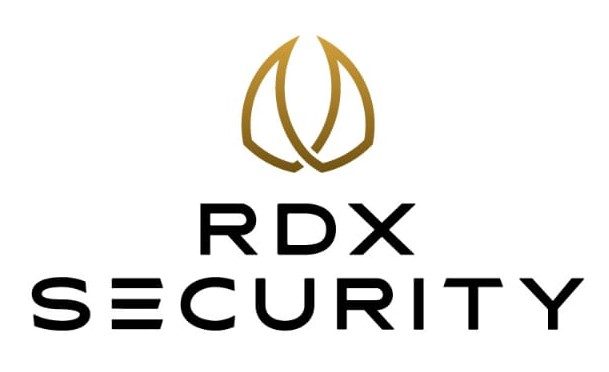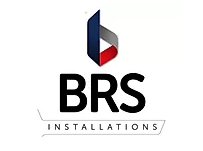Claim Mileage Tax Rebates
- February 2022
- 5 minutes
It’s easy to become perplexed when it comes to claiming car mileage, whether you’re an employer or an employee. This article will teach you all you need to know about the car mileage allowance in the United Kingdom, from the HMRC limit to filing a claim.
 What exactly is a mileage allowance for a car?
What exactly is a mileage allowance for a car?
If you use your car regularly for business purposes, then chances are you know a thing or two about the car mileage allowance.
The mileage allowance covers the cost of fuel, insurance, road tax, and general wear and tear if you use your personal vehicle to make business journeys.
The allowance is the maximum amount that a company or individual can claim per mile. This is also known as the ‘authorised mileage allowance payment’ (AMAP), because it reduces your taxable compensation. It will not be taxed as long as the AMAP limit is not exceeded.
 What journeys can employees claim mileage on?
What journeys can employees claim mileage on?
Whether you use your car frequently or only infrequently for business, it is important to keep track of your mileage and understand which trips qualify for tax exemption and which do not.
 Business journeys you can claim:
Business journeys you can claim:
- Travelling from one office to another
- Travelling to a temporary location to conduct necessary business. For example, meeting a client or attending an event
 Business journeys you cannot claim:
Business journeys you cannot claim:
- Commuting to and from your usual office
- Travelling to a location very close by
- Any journey undertaken for personal reasons, even if an aspect of work is included, such as making calls or running errands
The only-tax-free way to receive reimbursement for business miles is through the approved mileage allowance. Giving an employee a company car or a fixed sum towards petrol will both be taxed, so be aware here.
Other travel expenses incurred when driving your vehicle, such as parking fees and road tolls, will be reimbursed through subsistence expenditure rather than mileage allowance.
 How much is the HMRC 2022 mileage allowance?
How much is the HMRC 2022 mileage allowance?
With the HMRC set mileage allowance, the same rate is applied for every employee, depending on the type of vehicle they use.
| Type of Vehicle | 10,000 Miles | 10,000 + miles |
| Cars and Vans | 45p | 25p |
| Motorcycles | 24p | 24p |
| Bikes | 20p | 20p |
This simplifies calculating business mileage. Simply multiply the number of miles you travelled by the mileage rate for your vehicle.
EXAMPLE: If you travel 17,000 business miles in your car, the mileage deduction for the year would be £6,250 (10,000 miles x 45p + 7,000 miles x 25p).
It’s worth adding that if you travel with colleagues from the same company, the driver can claim an additional 5p per mile, per passenger. It’s definitely time to consider car-sharing with your colleagues for this benefit alone.
 Can a company set a different mileage allowance in the UK?
Can a company set a different mileage allowance in the UK?
Although the HMRC has set the mileage allowance rate, the rates might vary based on the employer and how much they choose to pay back their staff.
If a corporation pays back at a lower rate, the employee can apply to HMRC for mileage allowance relief at the end of the tax year for the difference. For example, if the employer pays 35p a mile, the employer can claim tax relief on the 10p difference per mile.
Similarly, if a corporation chooses to repay more than the HMRC allowance, the excess will be taxed.
Employers should establish clear standards and expectations for their employees here before they begin utilising their own automobiles for work on a regular basis. It is advised to set up a regular strategy for reimbursing employees.
 What if an employee uses their own car?
What if an employee uses their own car?
We now know that if an employee uses their own car, they are entitled to a car mileage allowance. That’s great, but it’s important each employee understands what they need to do in order to be reimbursed.
You’ll need to have evidence for a claim, which means an employee should keep:
- Each business journey’s dates, destination, and purpose are documented.
- A log of business miles driven
The best way to do this is through apps that simplify this process and keep a track of all travel expenses. Business travel expense management can be a time-consuming process, making sure that you have clear owners, and timelines will help you stay on top of things.
Personal driving miles are not covered and should not be claimed. To prevent difficulties with HMRC, businesses must keep reliable records of their employees’ claims and should pay special attention to the accuracy of the claims.















